Riki Watanabe / Riki Mobile Chambre
Riki Watanabe / Riki Mobile Chambre
Mobile Crafted from Copper, Riki Watanabe’s Most Beloved Material
In 1976, Riki Watanabe’s design office Q Designers created the interior design for the main bar Chambre at the Shimbashi Dai-Ichi Hotel. Copper, Watanabe’s favorite material, was used for the bar’s wall surfaces and also for the mobiles that floated elegantly within the space.
In 2017, Metrocs reintroduced this design as the Riki Mobile Chambre. Combining copper plates with solid teak wood, the mobile balances the weight and richness of natural materials with an airy, graceful form, bringing a refined accent to any interior. For the production model, the copper plates feature a vibration-finished surface, giving the piece a subtle, sophisticated texture.
Brand | METROCS
Designer | Riki Watanabe
Year of Design | 1972
Dimensions
Dimensions
3 pieces : W 435 x H 360 mm
4 pieces : W 435 x H 500 mm
A Piece : W 425 x D 80 x H 105 mm
Length of wire from ceiling to the body : 1 m
Materials
Materials
Copper Plate (Vibration Finish)
Solid Teak (Oil Finish)
Nylon-coated Wire
Lead time
Lead time
ships in 2–3 days
* Shipping costs will be shown at checkout.
* Please review our Shopping Guide before proceeding to checkout.
* For bulk orders, please contact us below.
Couldn't load pickup availability

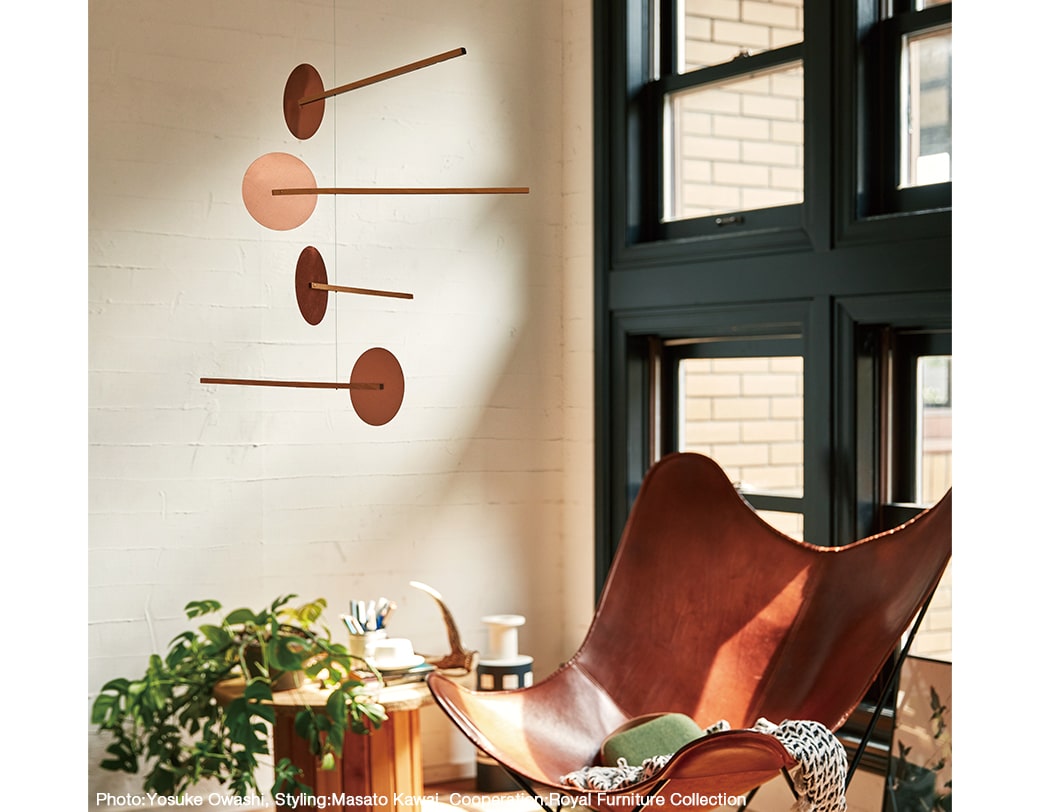
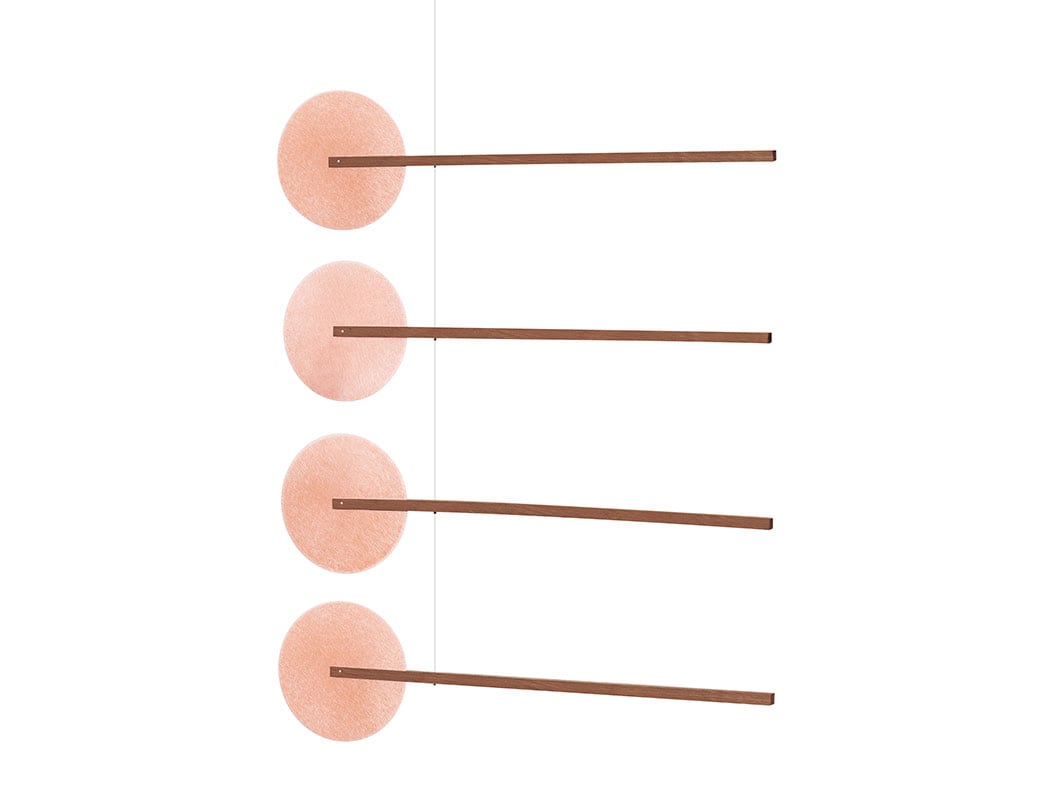
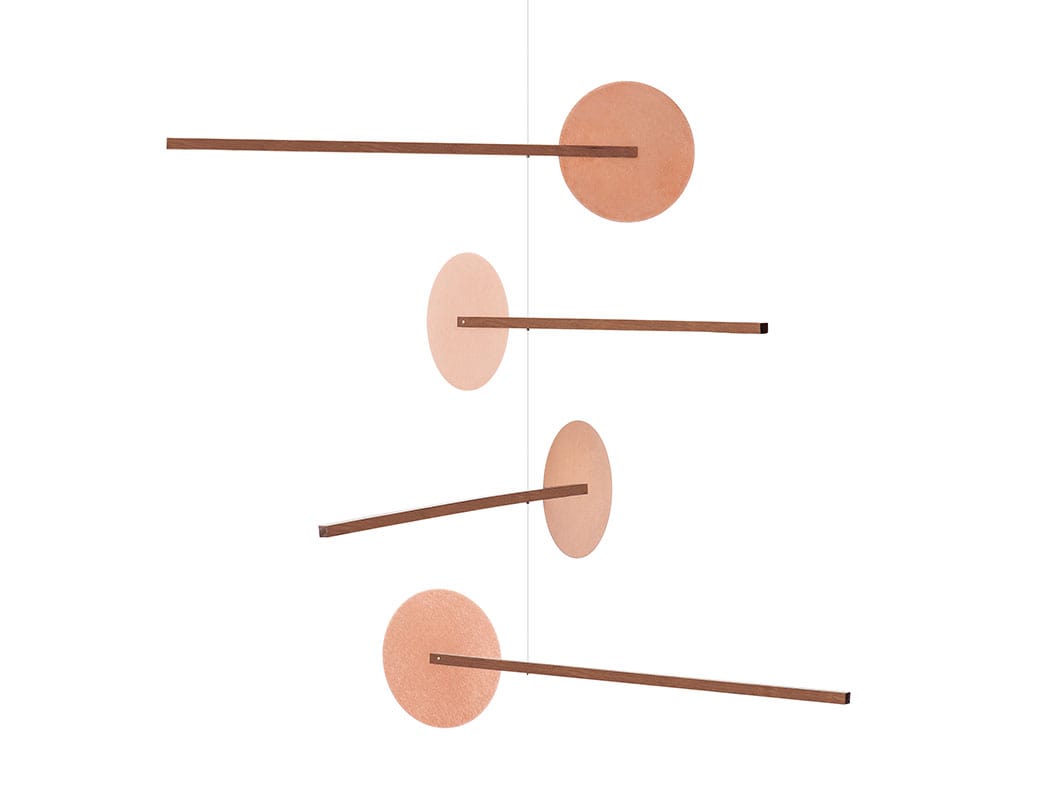
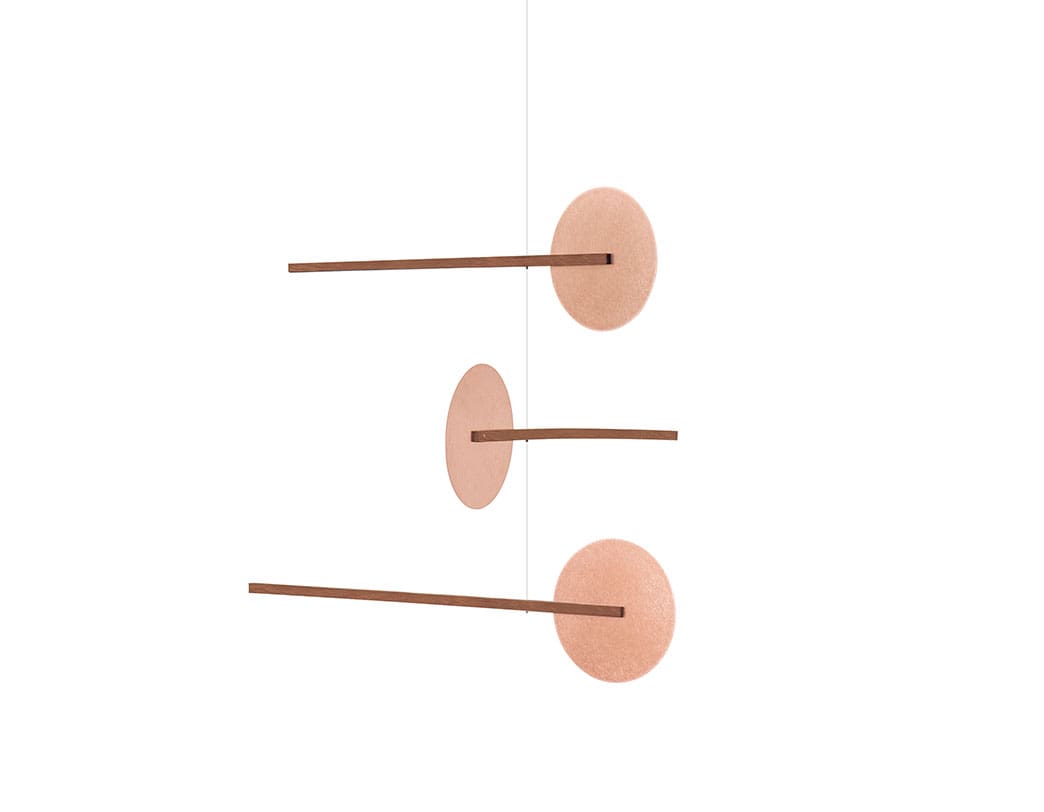
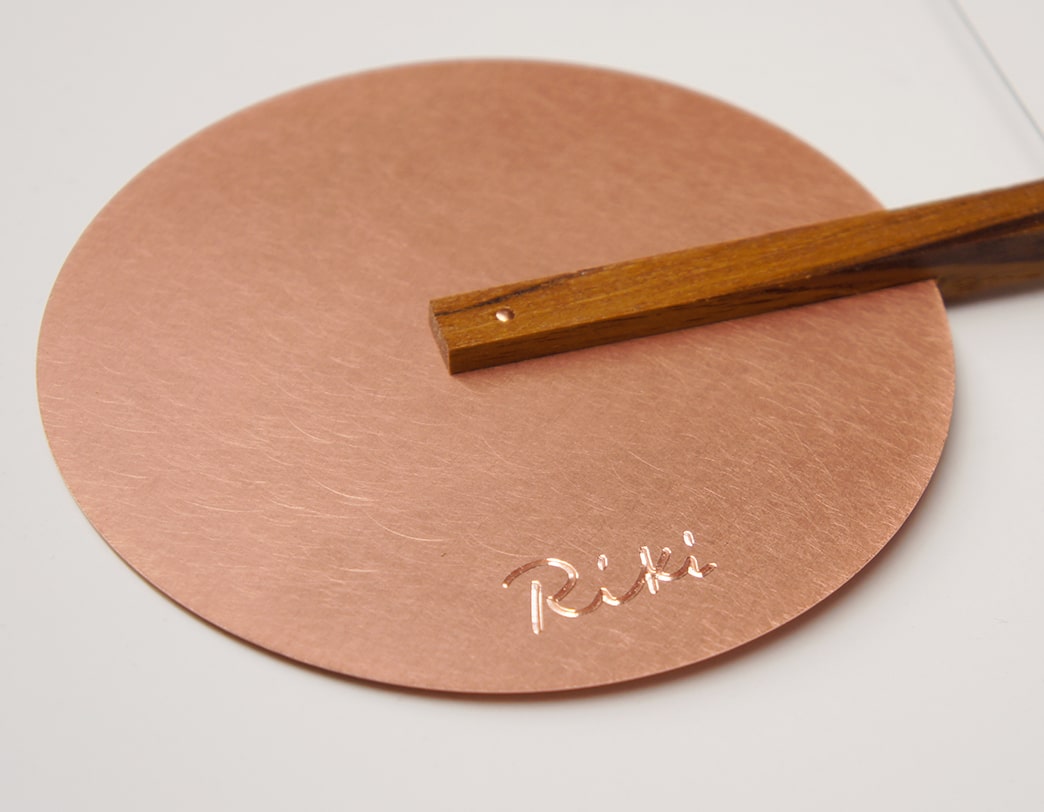
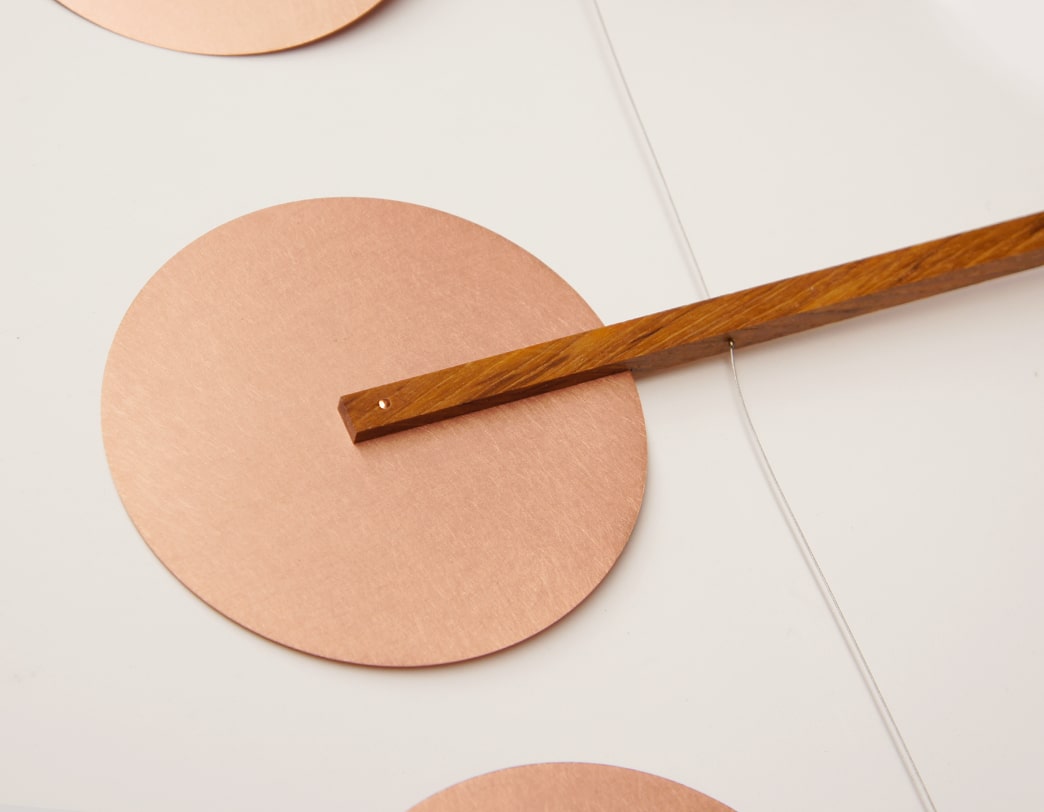
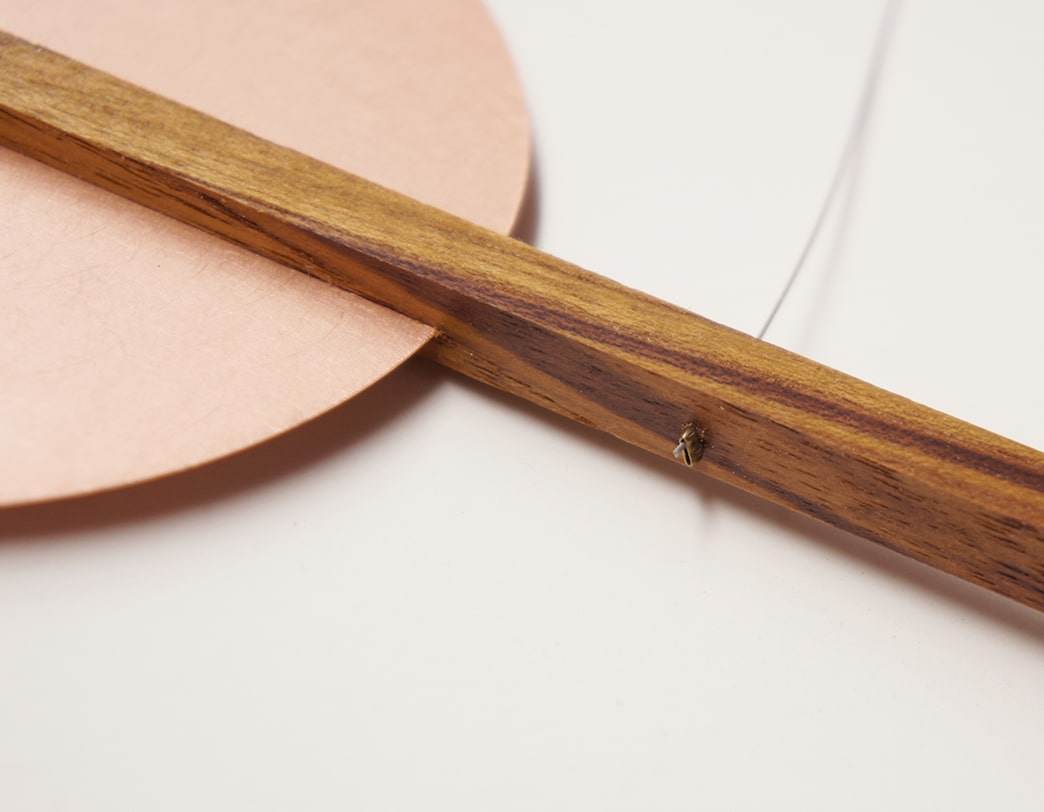
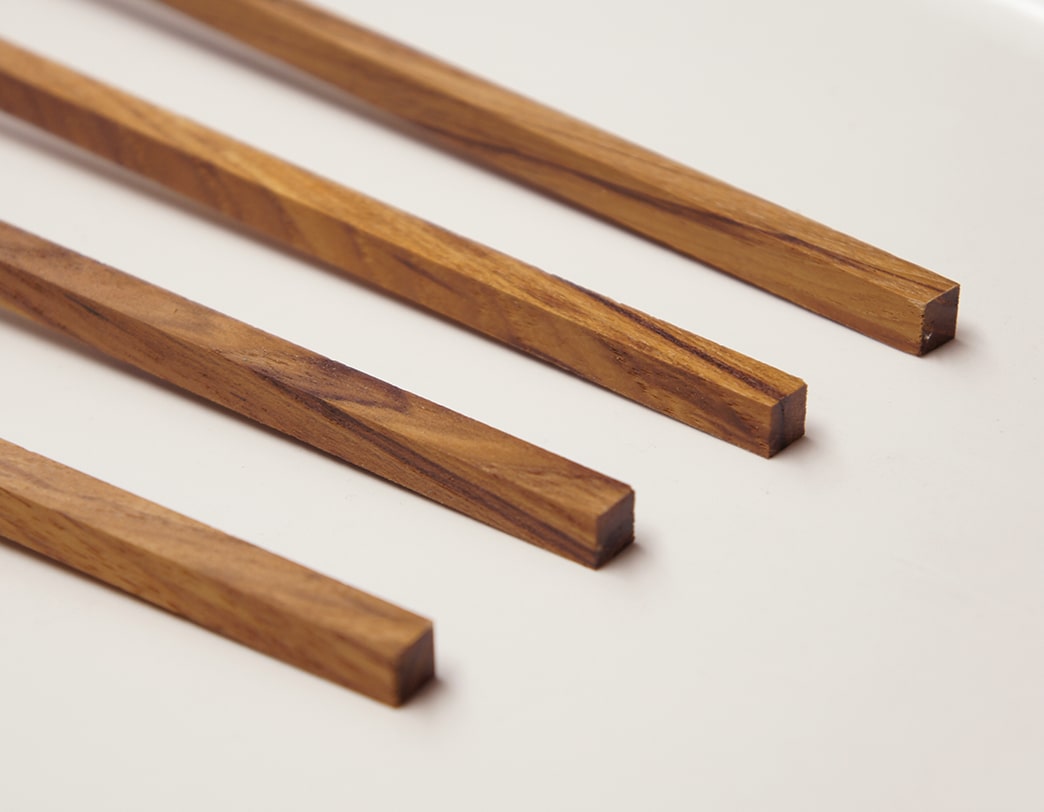
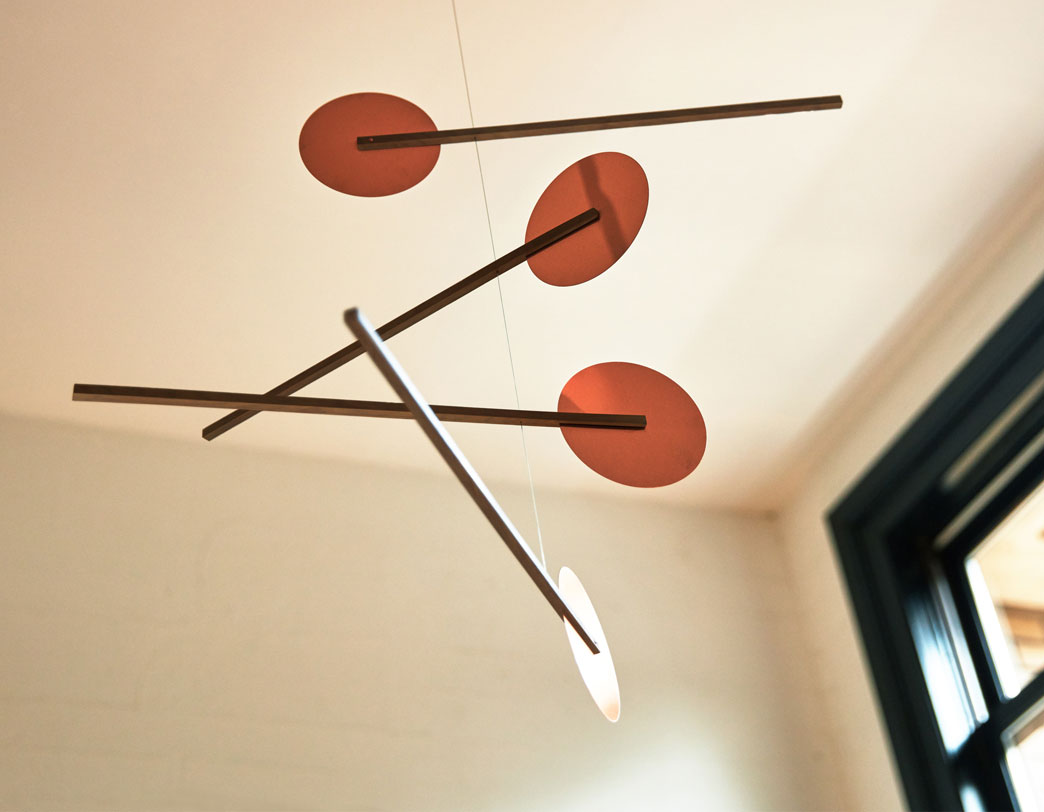
Contact us

METROCS
METROCS is a furniture brand established in Japan in 2002, passing masterpiece design items to future generations. Collaborated with designers and their foundations, we revive and commercialize historical design products. Our mission is to discover buried “truly high-quality product”, and pass its ingenuity, sincerity and stories hidden in the materials, parts and construction method, down in perpetuity.

Riki Watanabe [1911-2013]
Born in Tokyo, graduated from the Woodcraft Departmentat Tokyo Higher School of Arts and Design (now Chiba University) in 1936, and after joined Gunma Prefecture Industrial Arts Center under the direction of Bruno Taut, established his own design office in 1949. He got famous with the low-cost String Chair "Himo Chair" in 1952. In 1956, he formed the Q-designers, which brought about reforms in the early days of after-war Japanese design by inventing the "Torii Stool" and the "Riki Stool," among others. In his later years, he focused on clock design, and the "Riki Clock," named after his own name and released in 2003, became his masterpiece.









